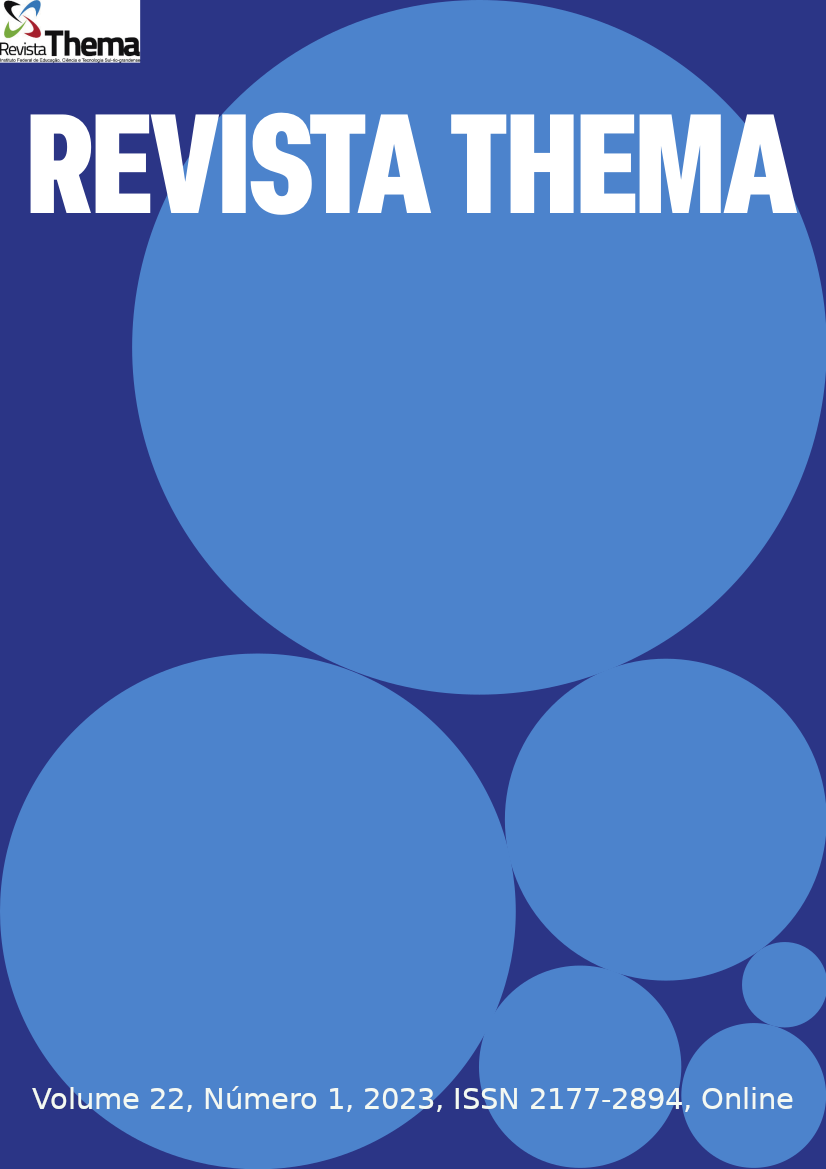Commodification and precariousness of teaching work in private higher education
DOI:
https://doi.org/10.15536/thema.V22.2023.212-230.2233Keywords:
teaching profession, precariousness, private higher educationAbstract
This study addresses the commodification and precariousness of teaching work, aiming to identify how the process of precariousness and commodification of education offered by private higher education institutions has impacted teaching work. This is a mixed-approach research of the exploratory type, which was developed through bibliographic and documental research, based on data from the school census for higher education, available on the website of the National Institute for Educational Studies and Research Anísio Teixeira, and articles published on Internet sites. Data have revealed the process of precarious working conditions for professors in private higher education institutions, especially in relation to the reduction in faculty positions, temporary contracts, expansion of the number of students enrolled, and greater control over teaching work, especially because of the increase in courses offered in the form of distance education and remote teaching, a requirement of social distancing imposed by the coronavirus pandemic.
Downloads
Downloads
Published
How to Cite
Issue
Section
License
O autor responsável pela submissão representa todos os autores do trabalho e, ao enviar o artigo para a revista, está garantindo que tem a permissão de todos para fazê-lo. Da mesma forma, assegura que o artigo não viola direitos autorais e que não há plágio no trabalho. A revista não se responsabiliza pelas opiniões emitidas.
A Revista Thema é de acesso aberto (Open Access), sem que haja a necessidade de pagamentos de taxas, seja para submissão ou processamento dos artigos. A revista adota a definição da Budapest Open Access Initiative (BOAI), ou seja, os usuários possuem o direito de ler, baixar, copiar, distribuir, imprimir, buscar e fazer links diretos para os textos completos dos artigos nela publicados.
Todos os artigos são publicados com a licença Creative Commons Atribuição-NãoComercial 4.0 Internacional. Os autores mantém os direitos autorais sobre suas produções, devendo ser contatados diretamente se houver interesse em uso comercial dos trabalhos.





